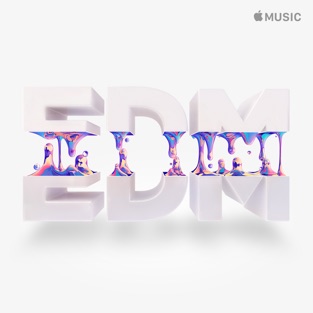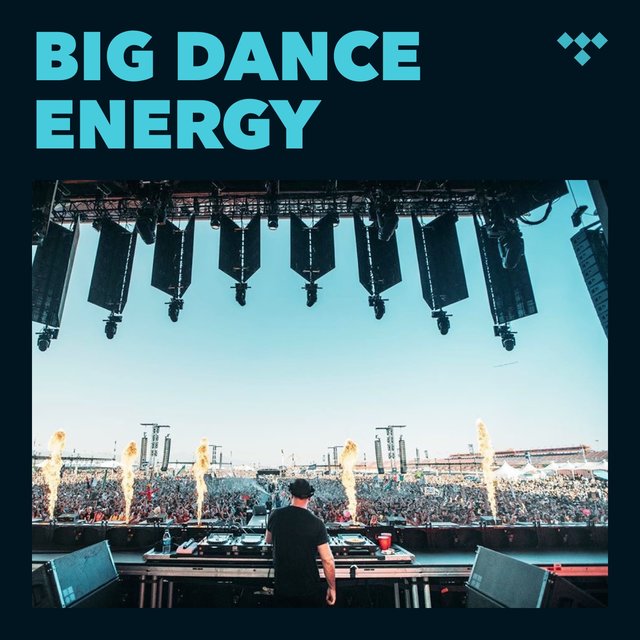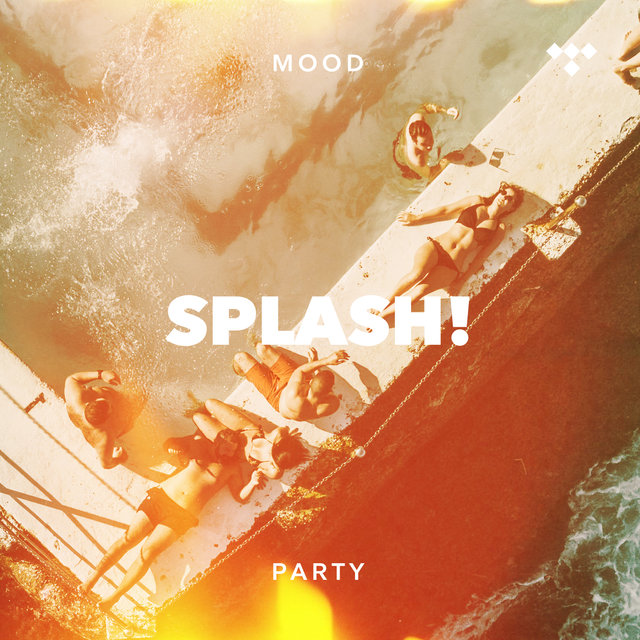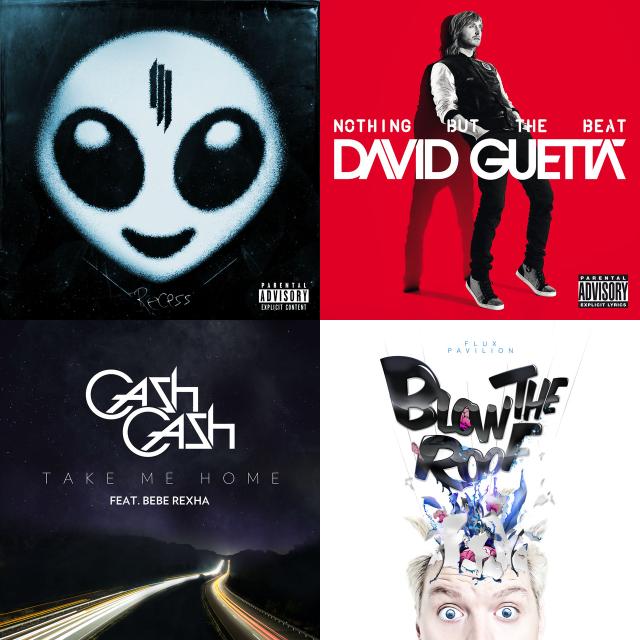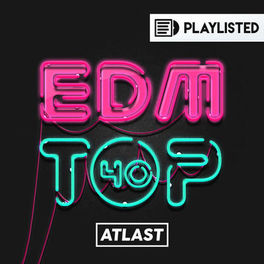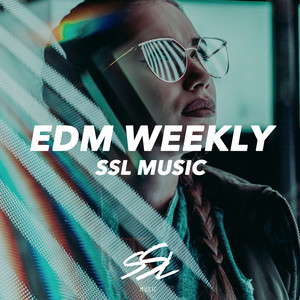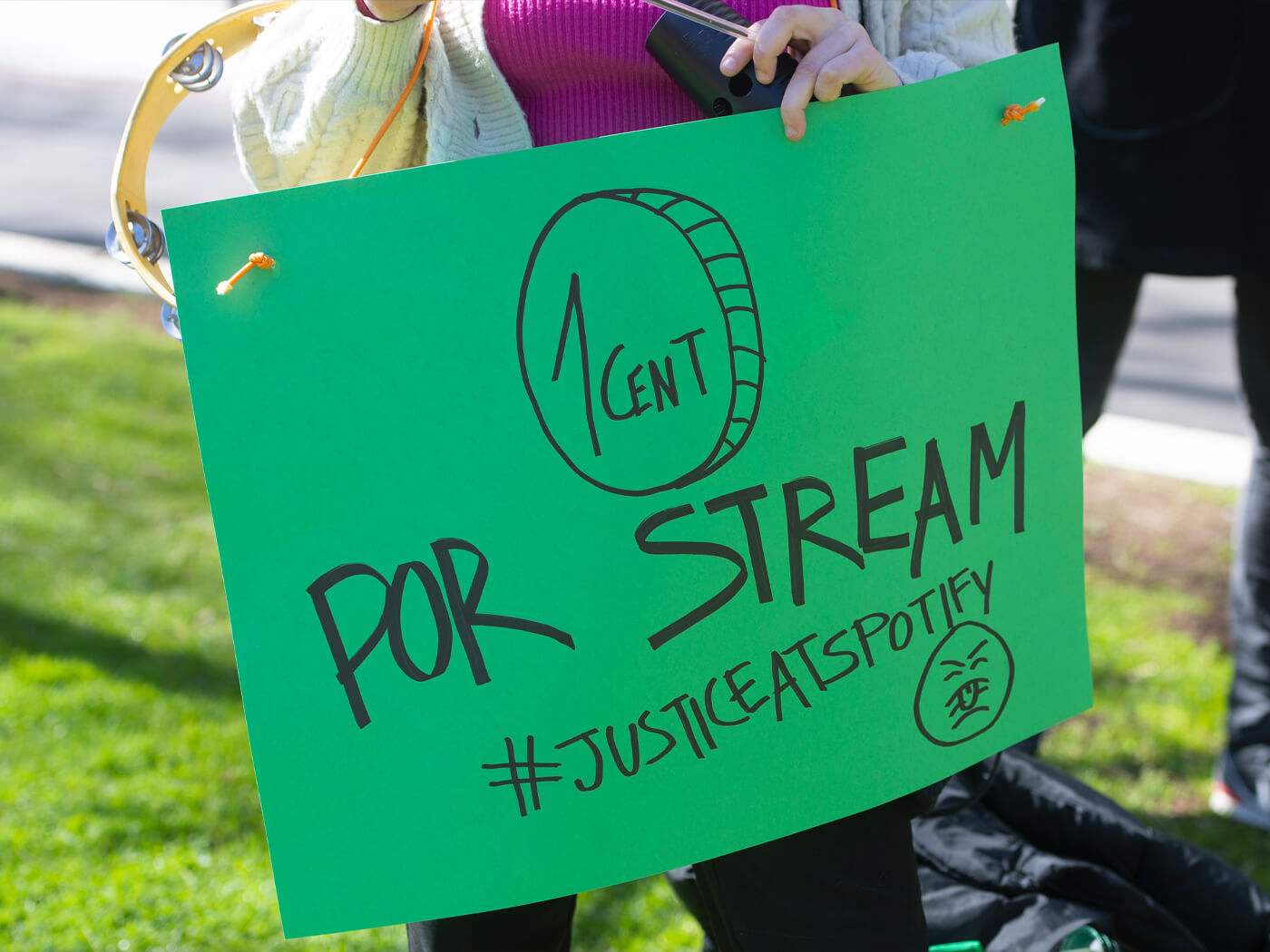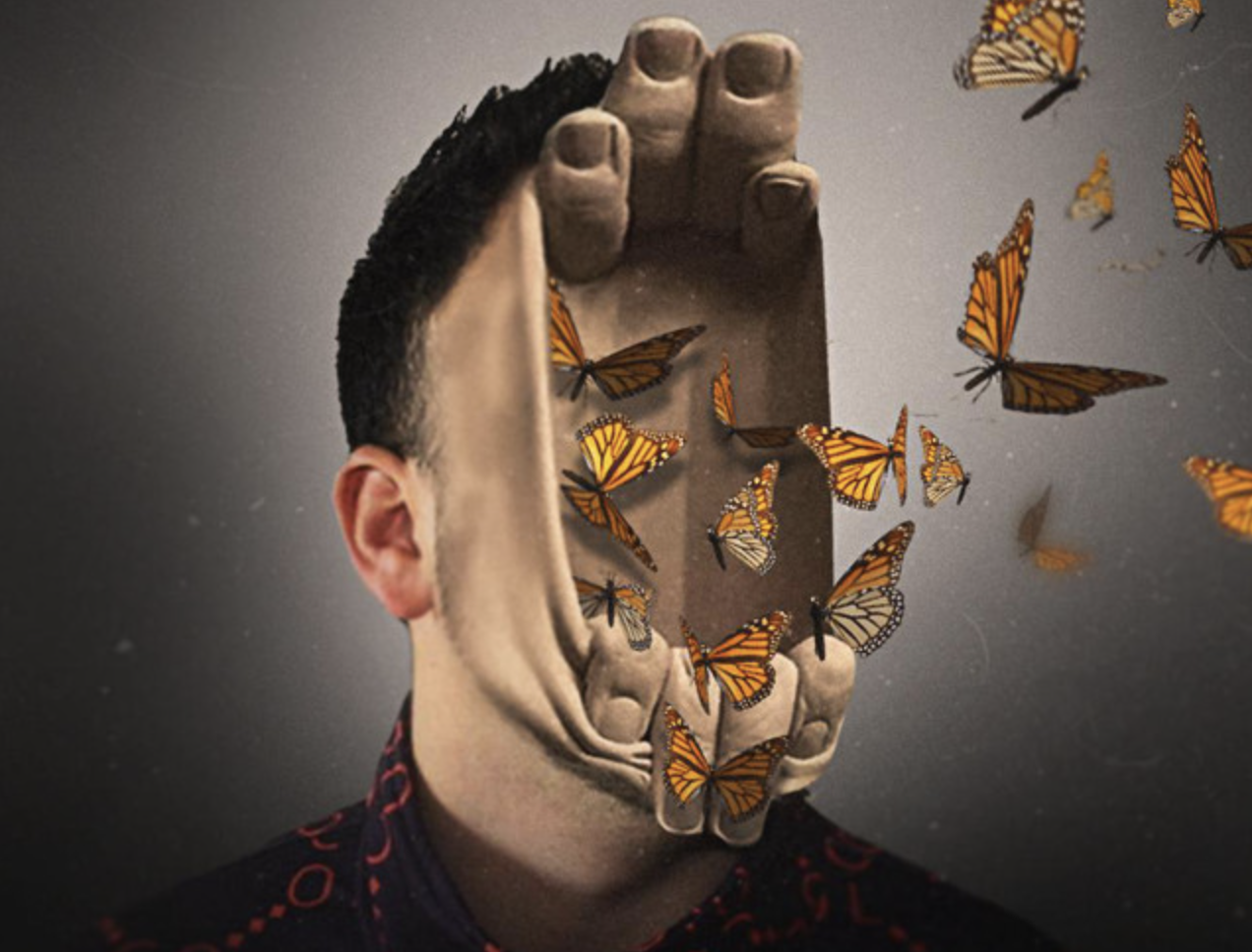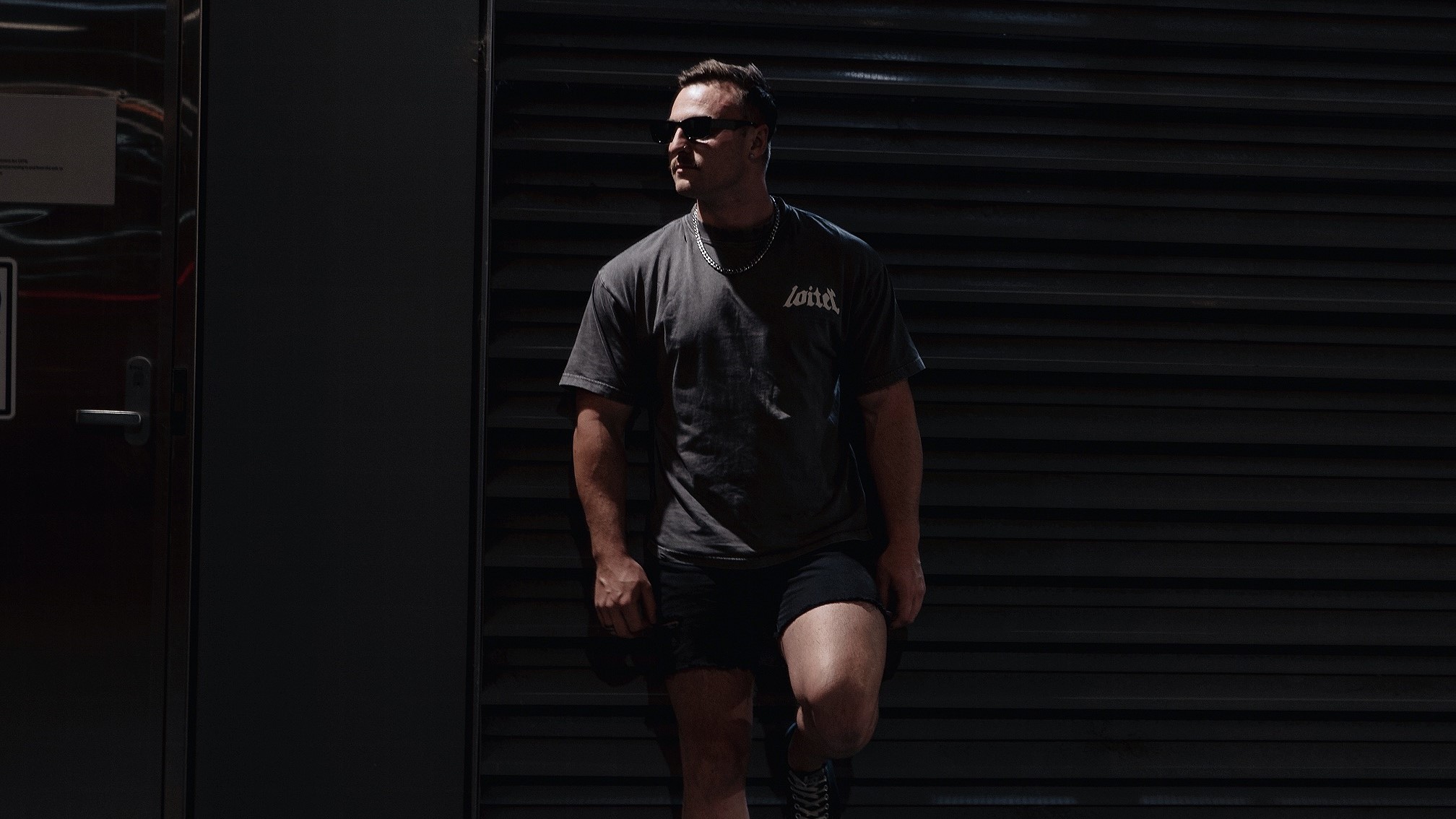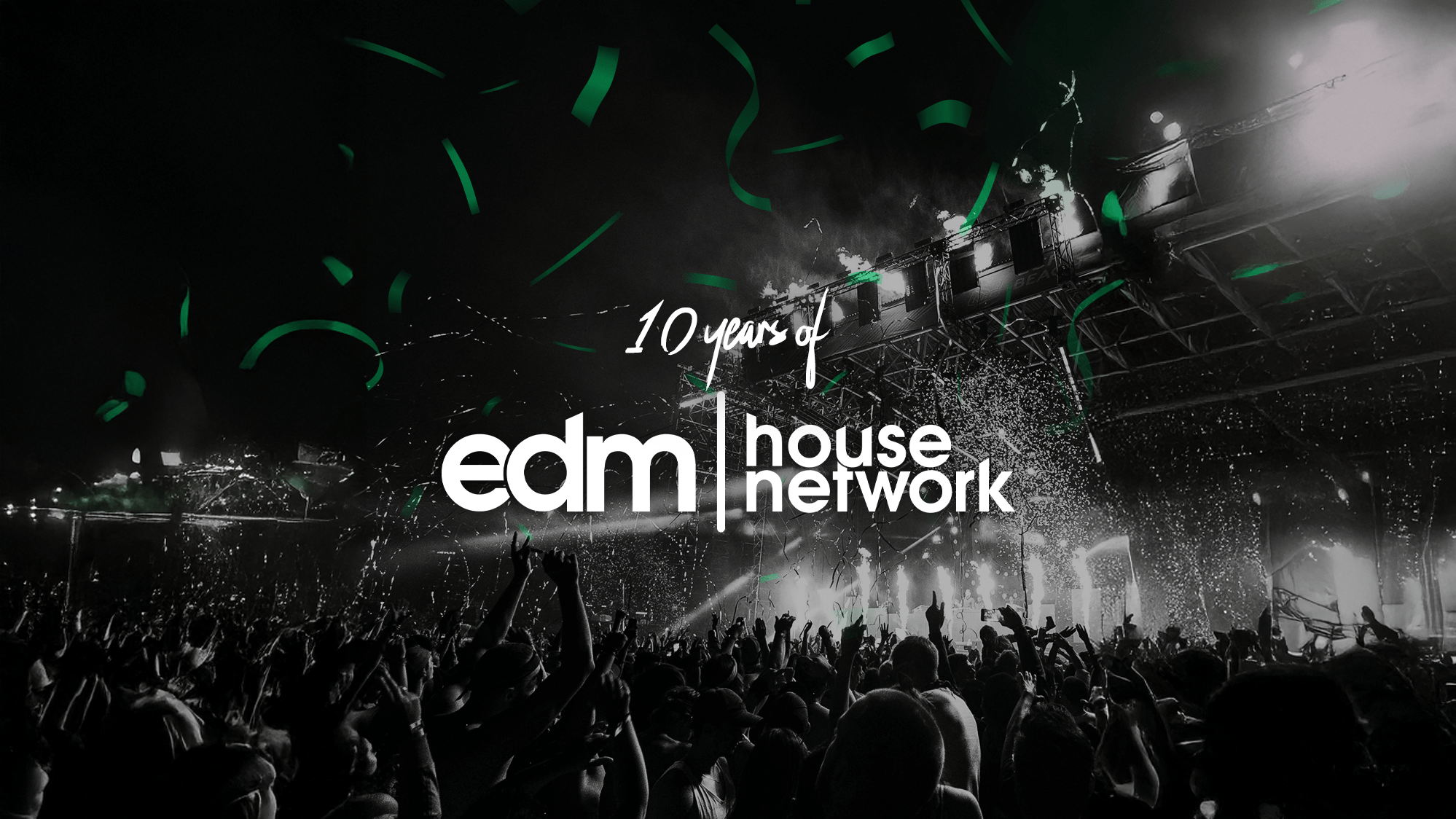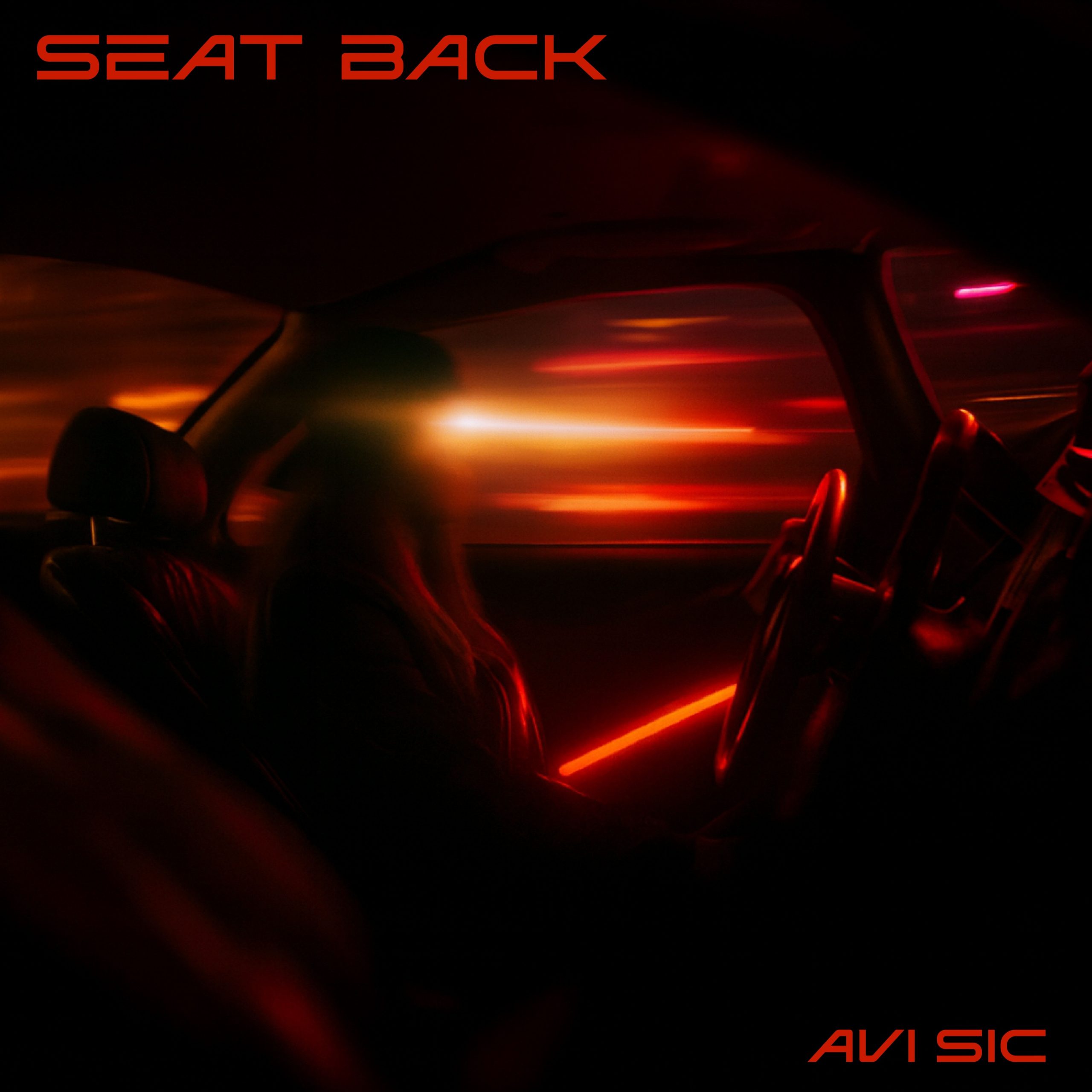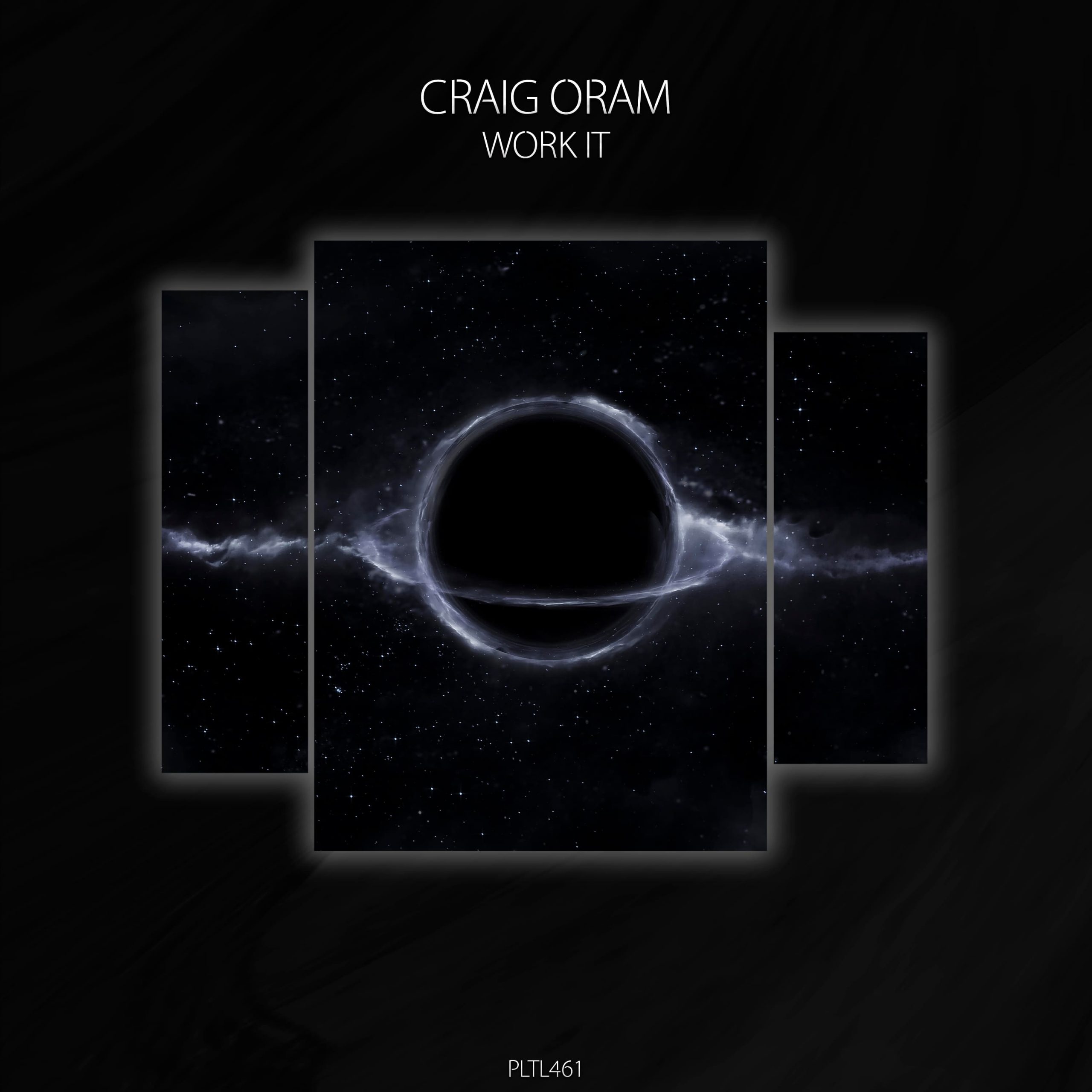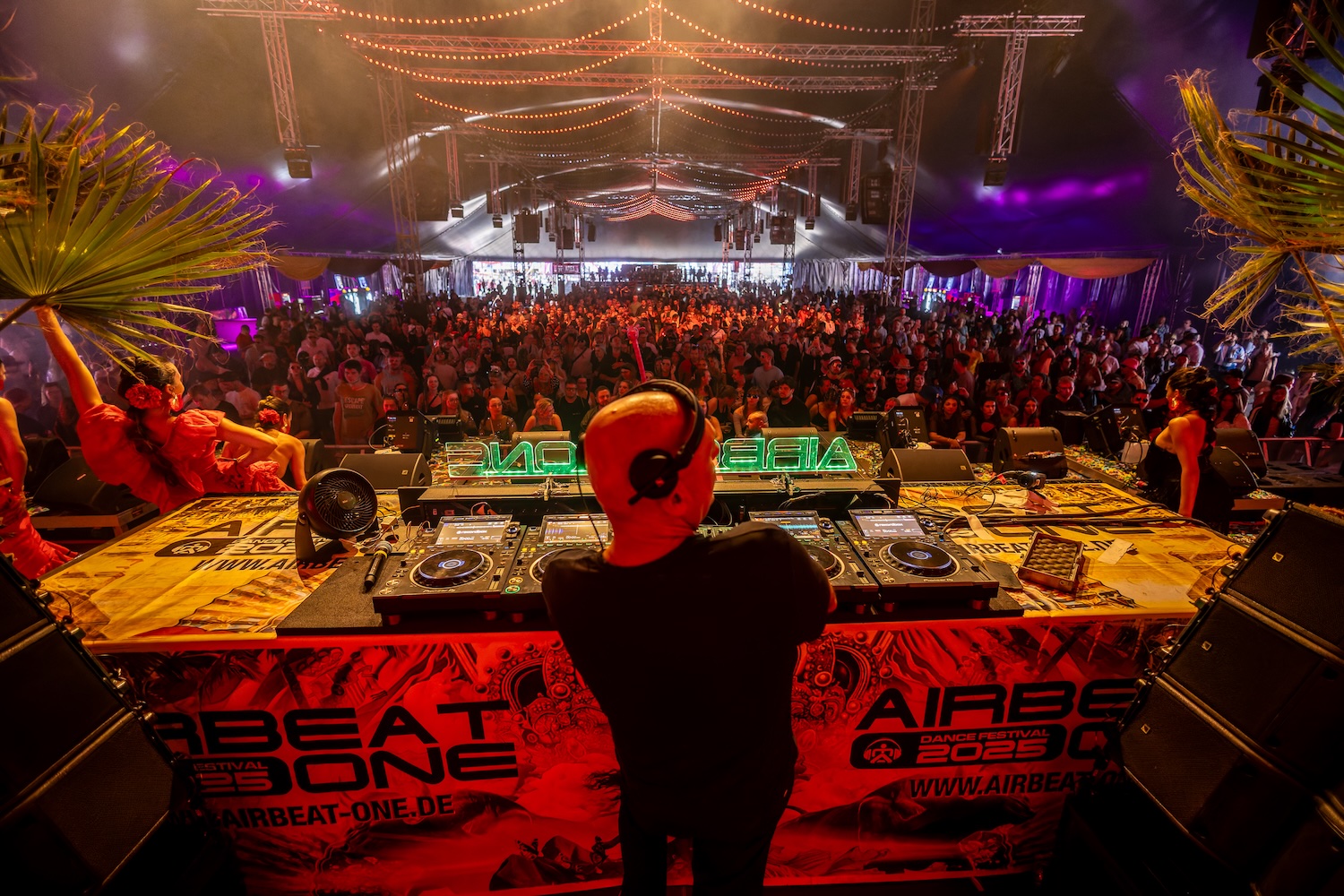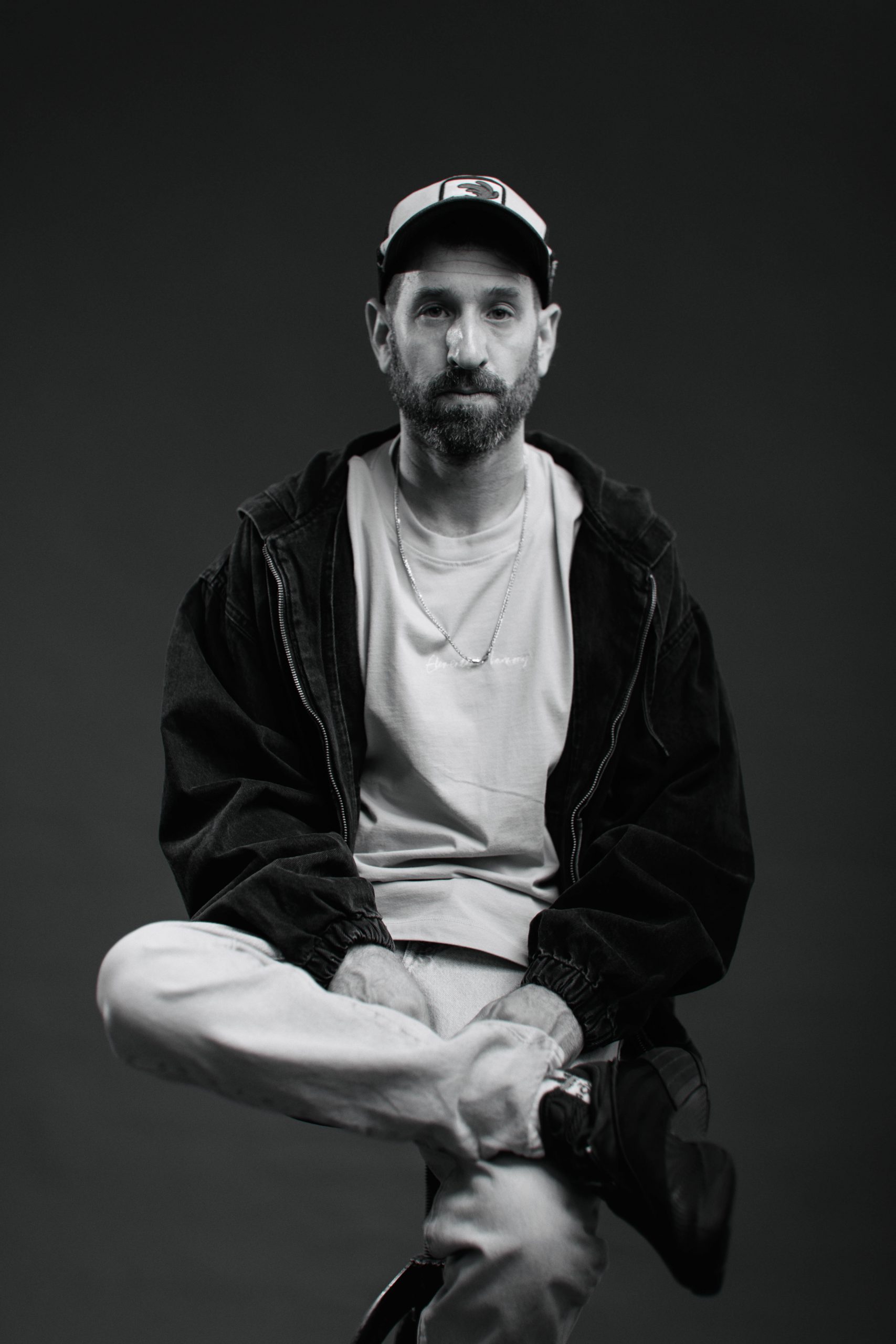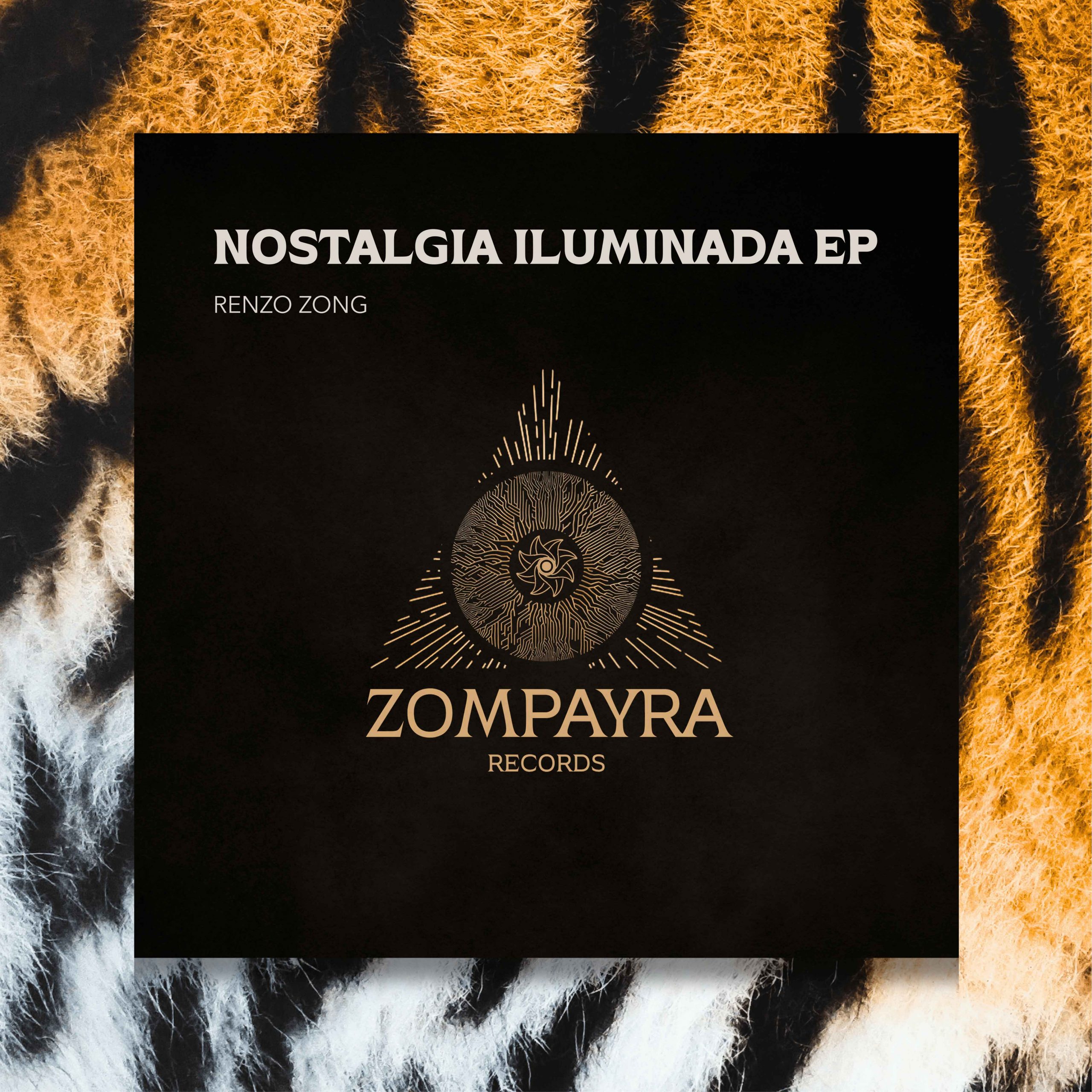This digital music service company, known as Spotify, is one of the biggest streaming platforms in the world. Listening to CDs became old-fashioned as the world started to digitalize so quickly. The technical side has improved a lot but this is not the case for the business side. Time and again Spotify has been criticized for the low payouts it provides to the artists. However this time, artists all across the globe have gone a step ahead and protests are being held for people to voice their opinions against Spotify.

The actual sum of money an artist receives depends on several factors such as country, subscription type, and what deal your label may have with Spotify itself. Generally, Spotify pays between $0.003 and $0.005 per stream. So if you have 250 streams on a song you will receive a dollar, and if you have 1 million streams you will receive 4000 dollars. But this is not just for the artist. The total amount of money earned by the number of streams will be paid to all right holders. That means the master recording owner (label, independent artist), songwriter(s), publishers, and many more will receive a share of the total payment. This payment method is only fair and profitable when generating a large number of streams such as for artists like Justin Bieber, Billie Eilish, and David Guetta.
On March 15 protests were held around the world at Spotify offices, organized by the UMAW (Union of Musicians and Allied Music Workers). The demonstrations took place in 31 cities on 5 continents (Australia, Asia, Europe, Central America, and South America) because of mistreating music workers. During the worldwide pandemic, Spotify has tripled in value and didn’t increase its payment rates. Spotify hasn’t done anything about the clarity of its payments but is set to expand on 80 new markets (including Nigeria, Bangladesh, Pakistan, and many more).
UMAW said the following:
“Spotify currently pays some $0.0038 per stream – among the lowest rates of any streaming company – operates entirely behind closed doors, and has sued songwriters to lower royalty rates.”
Marching in NYC for #JusticeAtSpotify thank you @MusicWorkers for co-sponsoring and providing the soundtrack pic.twitter.com/8PZsQbh1v8
— Union of Musicians and Allied Workers (@UMAW_) March 15, 2021
Read the next article: SoundCloud launches fan-powered royalties
Image Credits: Headliner Magazine, NU

